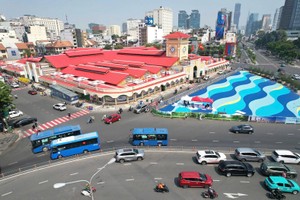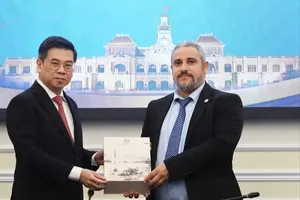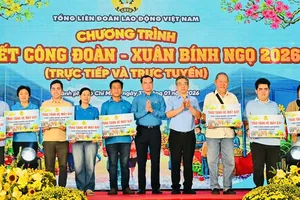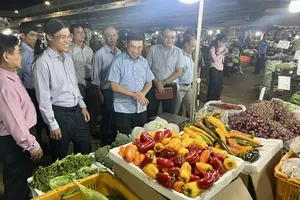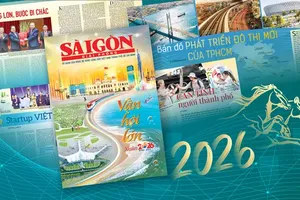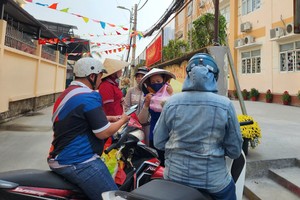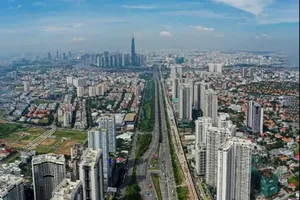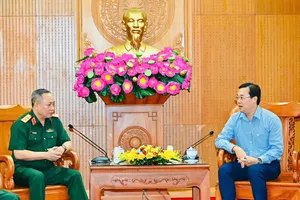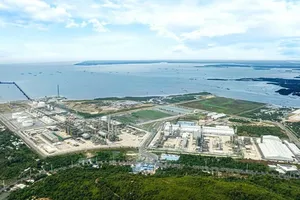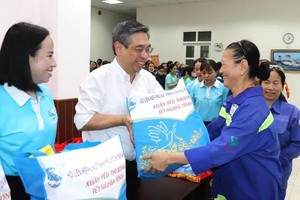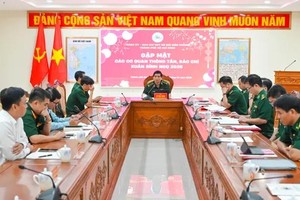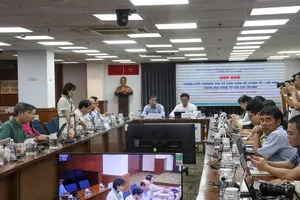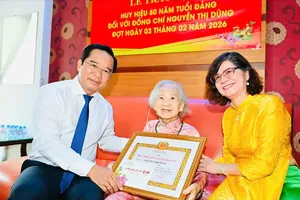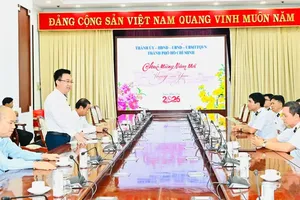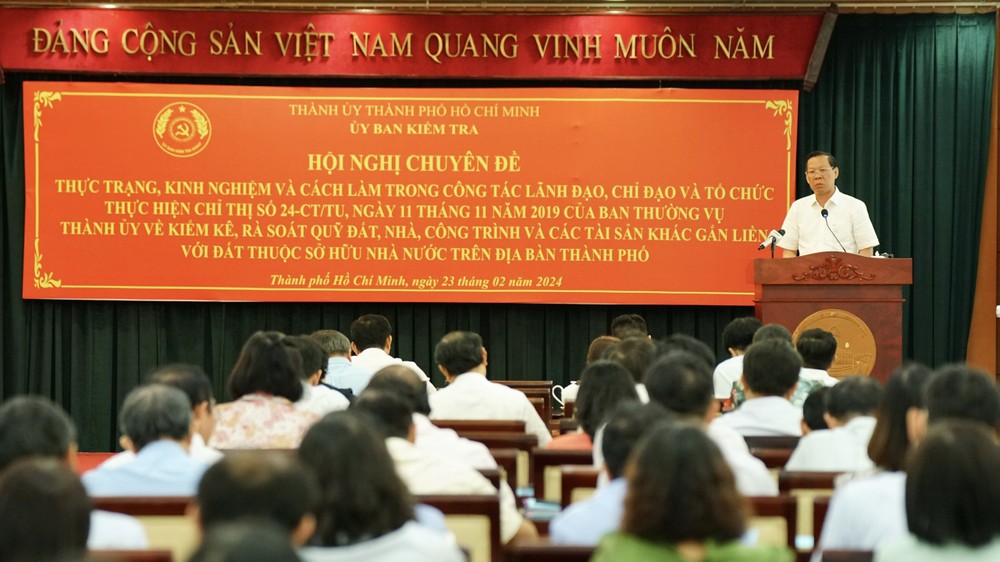
On the afternoon of February 23, the Inspection Commission of the HCMC Party Committee organized a specialized conference titled "Current status, experiences, and methods in leadership, direction, and organization for implementing Directive No.24-CT/TU dated November 11, 2019, issued by the Standing Committee of the HCMC Party Committee regarding the inventory and review of land, houses, infrastructure, and other assets associated with State-owned land within the city."
The conference was chaired by Mr. Phan Van Mai, Deputy Secretary of the HCMC Party Committee, Chairman of the People's Committee of HCMC, and Mr. Duong Ngoc Hai, Head of the Inspection Commission of the HCMC Party Committee.
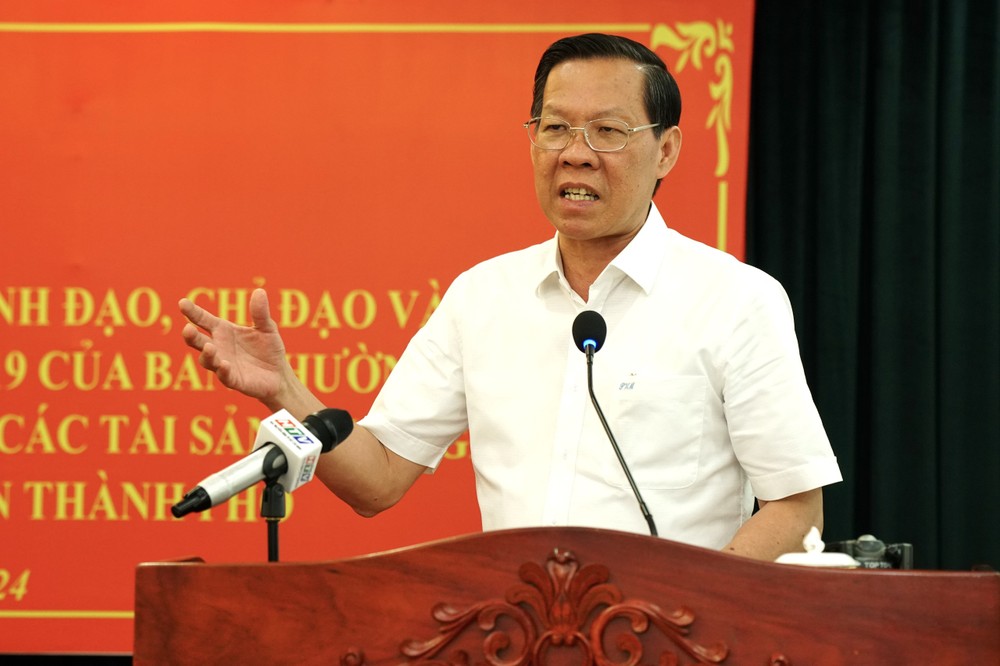
Vacant public properties due to lack of leasing mechanisms
As per the report, there are 9,295 residential and land addresses in the city falling under the purview of Government Decree 167, managed and utilized by various agencies, units, and businesses. At the conference, representatives of these units raised numerous issues and provided recommendations for the management of public assets.
Mr. Truong Trong Thao, representative of the HCMC House Trade Management Company Limited, reported that the company currently manages 353 rental properties used for offices, production, and businesses, as well as 495 residential units (serving 1,430 households). Among these, 115 properties remain vacant due to a lack of leasing mechanisms. Despite generating no revenue, the company still incurs annual land rental expenses exceeding VND40 billion, along with significant management and maintenance costs. Additionally, adjusting rental prices to reflect market rates has yet to be implemented due to regulatory gaps.
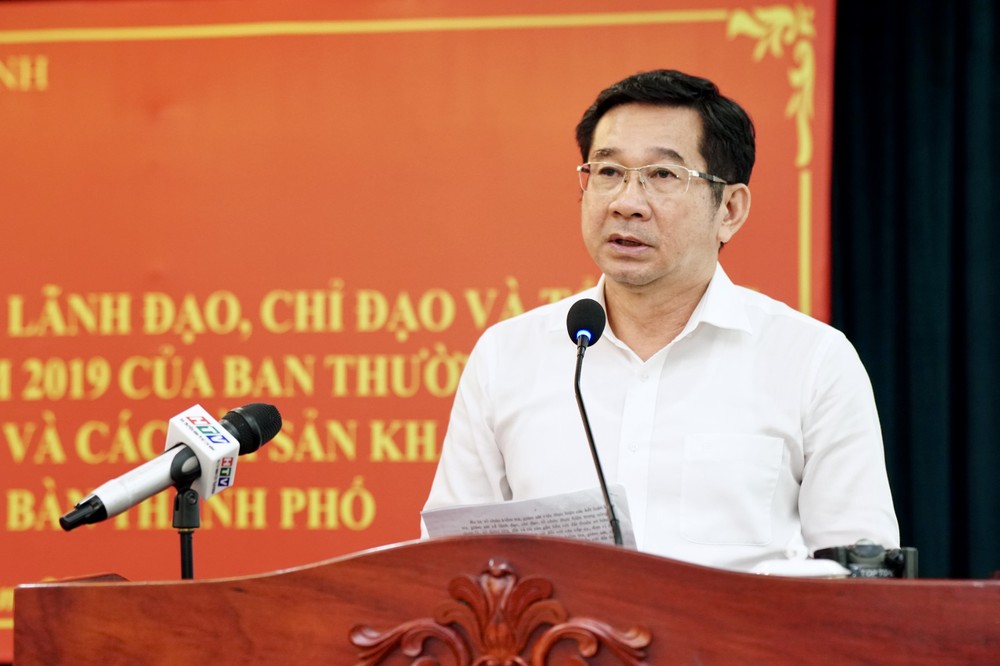
Meanwhile, Mr. Nguyen Thanh Hai, Director of the Housing Management and Construction Inspection Center (under the Department of Construction of HCMC), revealed that the center is currently entrusted with managing three housing funds. These include 8,125 units of old State-owned residential properties, over 12,500 housing and land units for resettlement purposes, and 44 residential and land addresses governed by Decree 167.
Although all three housing funds are designated for management by the center according to regulations, the complete transfer has yet to be accomplished. Notably, of the over 1,000 residential and land addresses governed by Decree 67, only 44 have been transferred to the center over the past four years.
To improve the effectiveness of public land management, Mr. Nguyen Thanh Hai suggested that HCMC should focus on developing State-owned residential properties. He pointed out that over 100,000 units of old State-owned residential properties have been sold under decrees since 1994, generating revenue in the trillions of Vietnamese dong. According to him, if this revenue were directed towards the development of State-owned social housing, the city would have thousands more units available by now.
Moreover, many prime public land properties have untapped potential for further development. Take, for instance, the workers' dormitory area in Thu Duc City, sprawling over 8,100 square meters, currently hosting 104 units rented out for an annual income of approximately VND2.2 billion. However, all units are single-story dwellings, with annual maintenance costs ranging from VND500-700 million. With its prime location, converting this area into social housing could generate thousands of units. Currently, the city has numerous large public land parcels exceeding 7,000 square meters lying vacant, representing a significant waste of resources.
Prioritizing public infrastructure development
Deputy Chairman Nguyen Van Dung of the HCMC People's Committee requested that the HCMC Department of Finance allocate more resources to digitizing the management and use of public assets for greater efficiency. The supervision conducted by the HCMC People's Council reveals instances of improper joint ventures, resulting in losses to the State budget. He also recommended continuing to review obstacles, such as pricing and joint venture arrangements between entities.
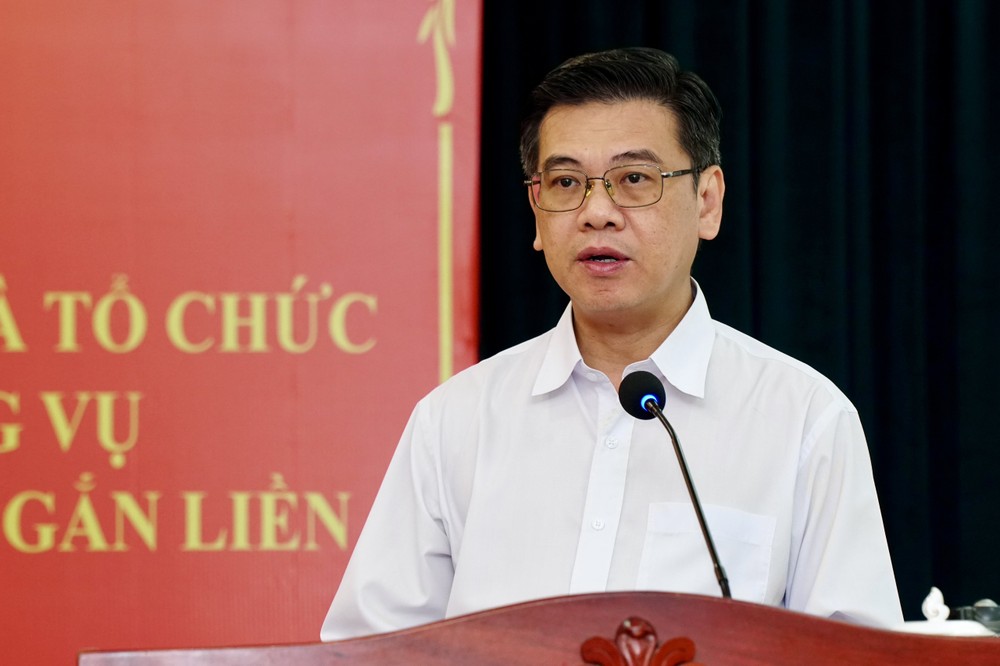
Addressing the conference, Mr. Phan Van Mai urged all units to reassess their work and strengthen task forces to implement Directive 24 to improve the efficiency of managing and operating public assets across the city following the Directive's spirit. The task forces should review and supplement their Directive 24 implementation plans, and then they will focus on conducting thorough actual inventories coupled with digitization.
According to him, reviewing statistics and categorizing obstacles for resolutions is primarily the responsibility of districts and Thu Duc City. Meanwhile, the main task of the city-level authorities is to urgently finalize guidance procedures and regulations for asset transfer, acquisition, reception, asset auctioning, and new investment in public assets.
Mr. Phan Van Mai suggested that for any areas lacking regulations or facing overlapping regulations, the principles outlined in Conclusion 14 of the Politburo regarding the encouragement and protection of dynamic, creative officials for the collective benefit should be applied. Furthermore, he stressed the importance of strengthening inspection and supervision to continue rectifying and preventing negative errors in the management and utilization of public assets.
The chairman emphasized a firm stance on decentralization and delegation of authority. Specifically, as for public assets managed by the city within districts and Thu Duc City but not yet utilized, local authorities are encouraged to actively provide recommendations and prioritize the construction of public infrastructure to serve the people.
In his address at the conference, Mr. Duong Ngoc Hai, Chairman of the Inspection Commission of the HCMC Party Committee, called upon Party committees and inspection commissions at all levels to bolster inspection, examination, and oversight, especially self-inspection regarding the management and utilization of houses, land, and assets attached with State-owned land.
Additionally, he urged heightened scrutiny upon detecting any signs of misconduct within party organizations and among members to prevent corruption and wasteful practices. He stressed the necessity of taking decisive actions against organizations and individuals found violating regulations or engaging in corrupt behavior in the management and use of State-owned houses and land.


